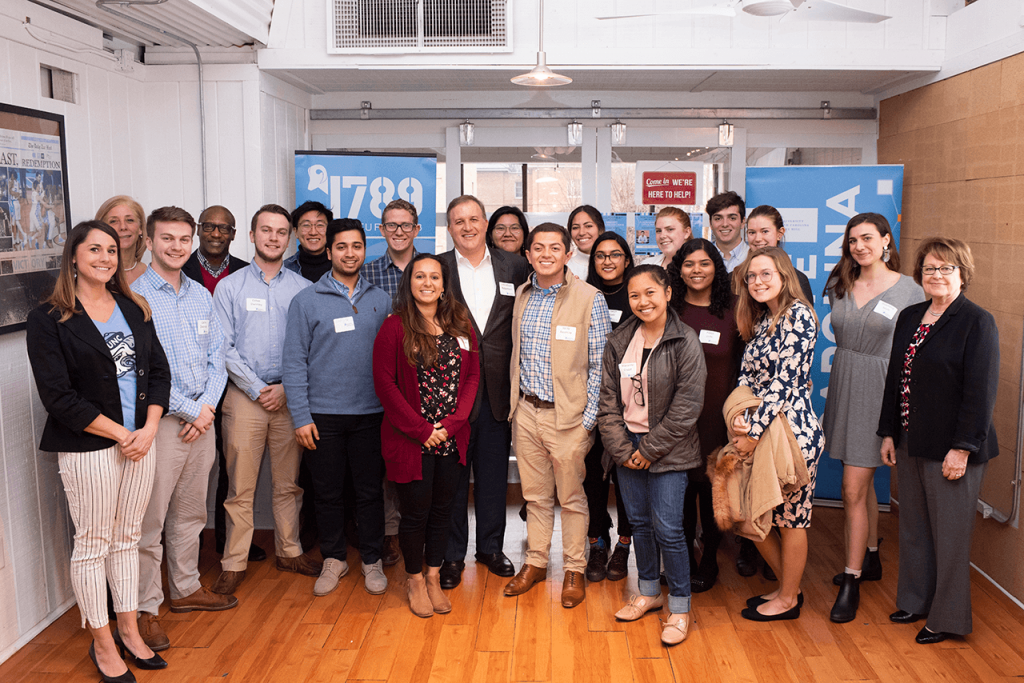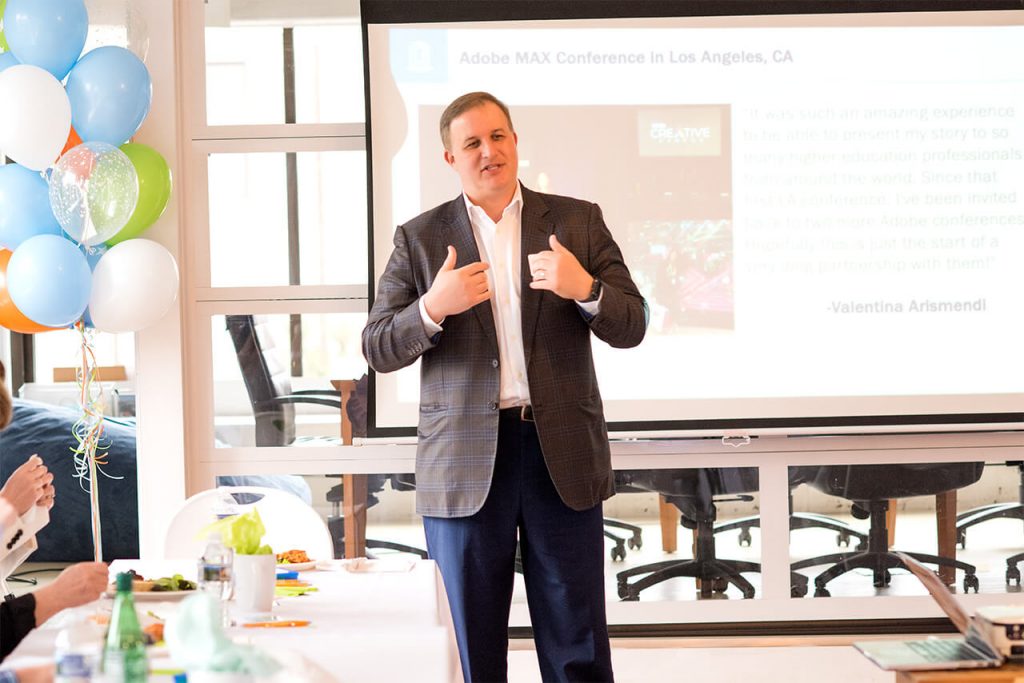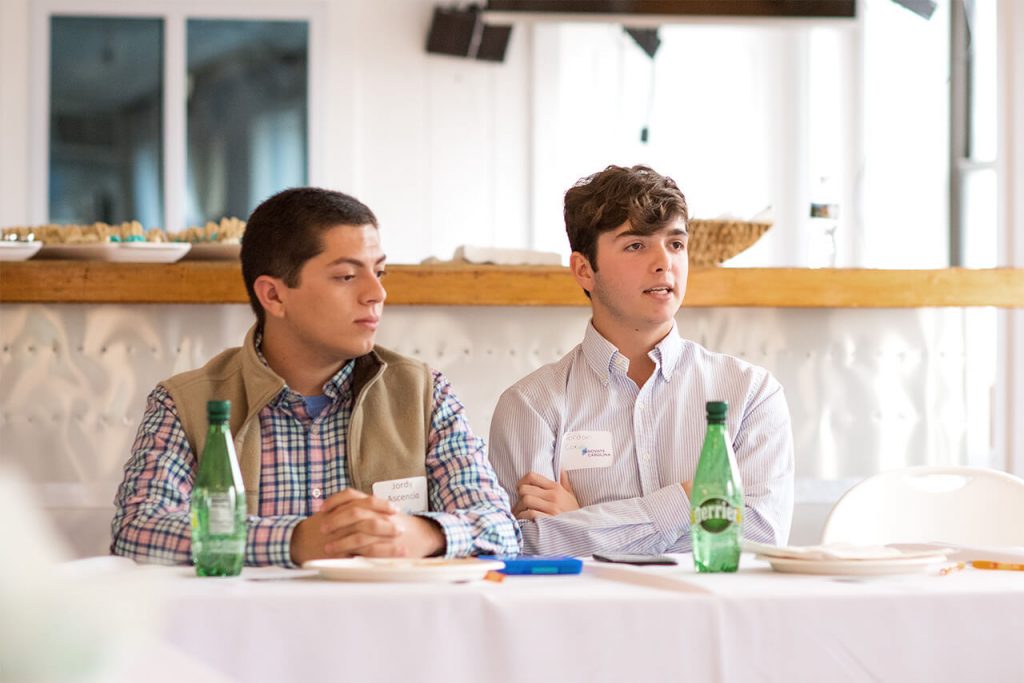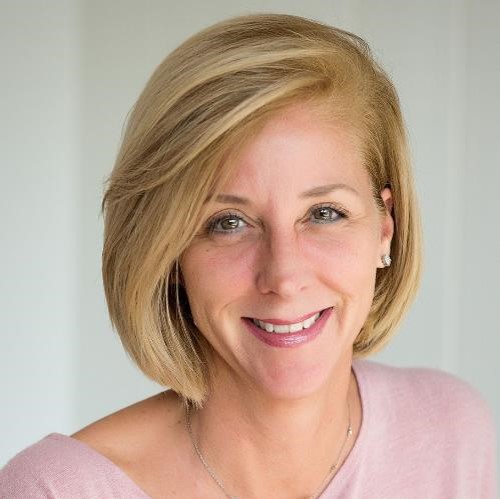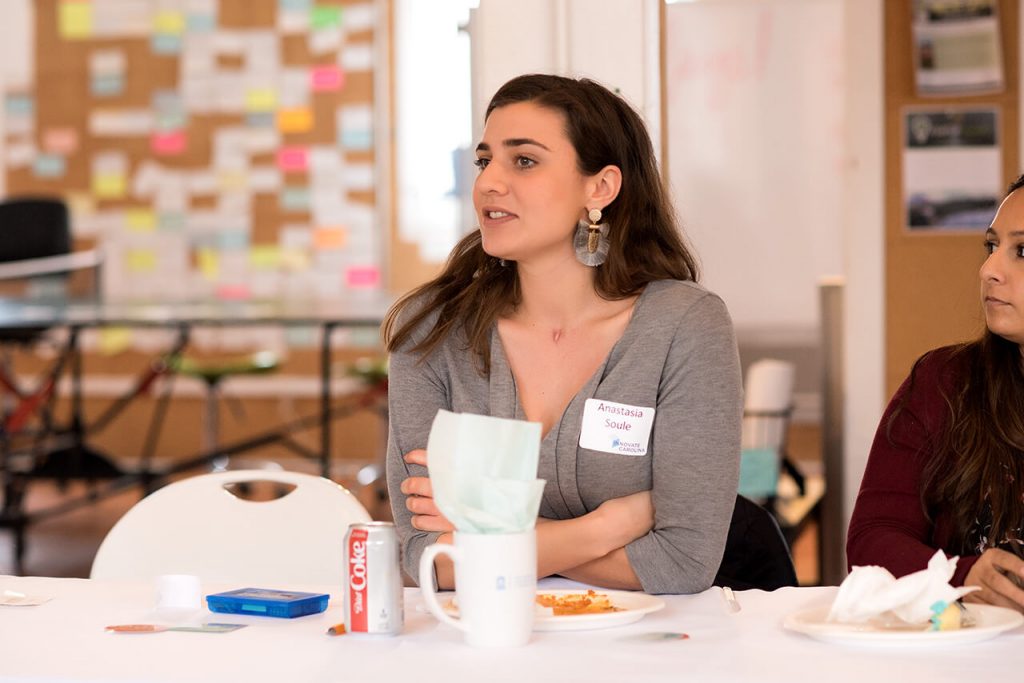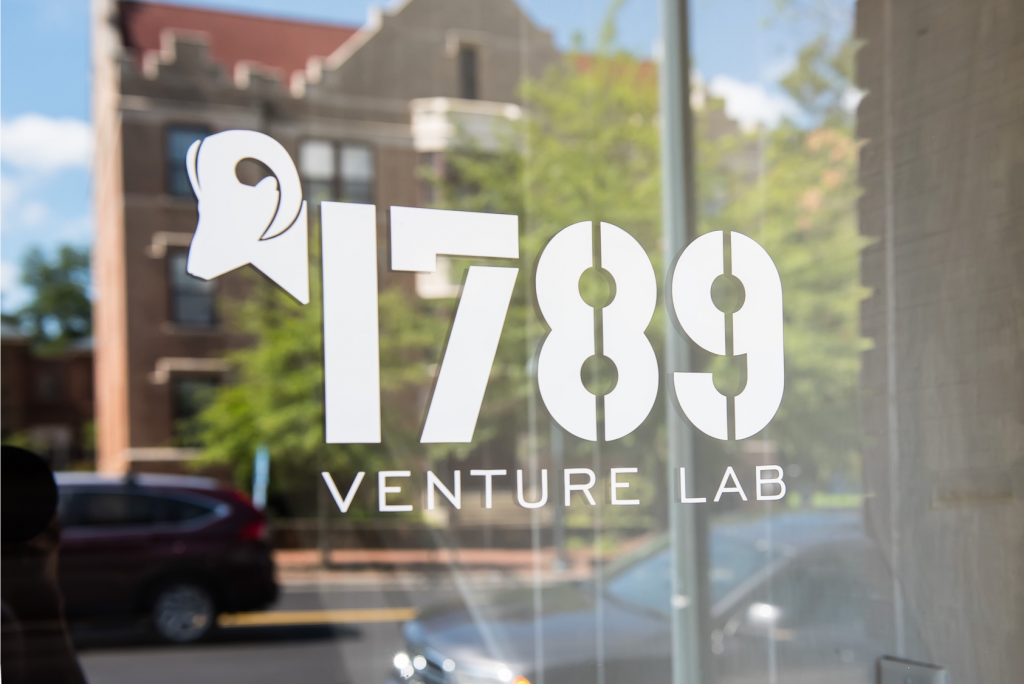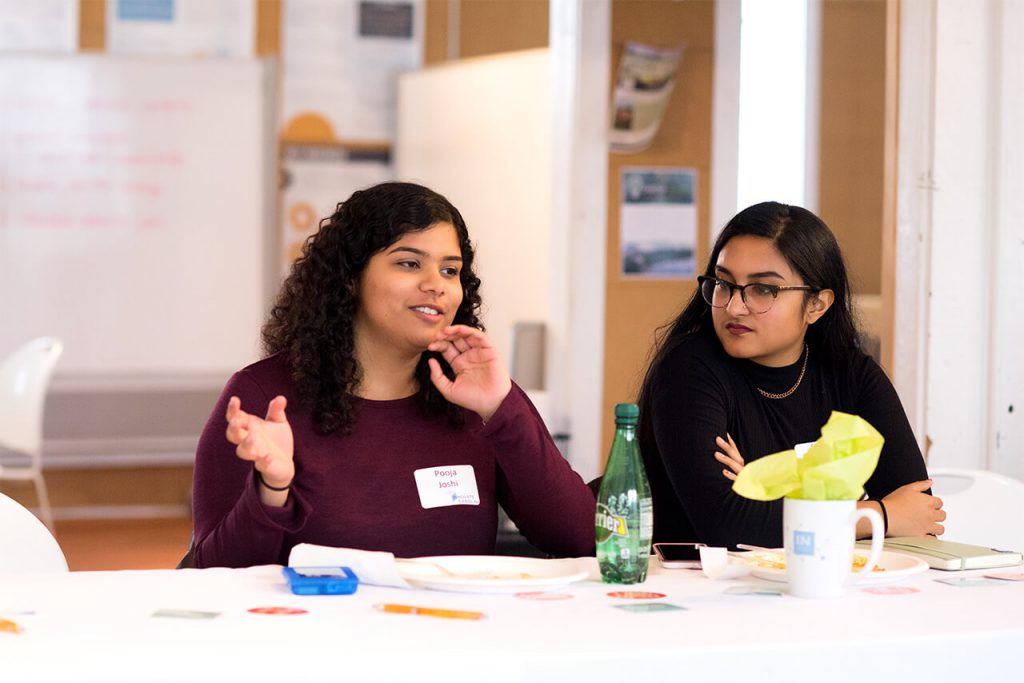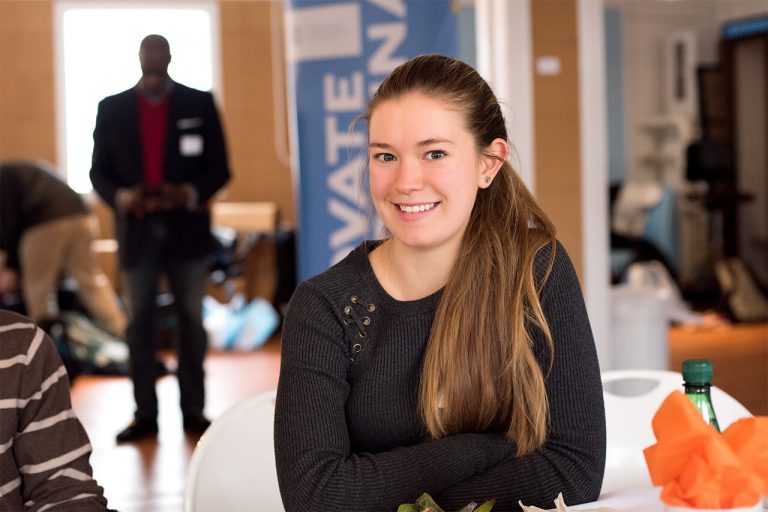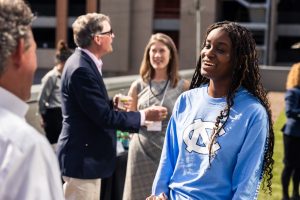Innovate Carolina, the campus-wide initiative for innovation and entrepreneurship, manages the program. As the Innovate Carolina team was working to build the University innovation and entrepreneurship (I&E) network over the past few years, it identified a gap in that network: beyond individual schools and departments, there wasn’t a campus-wide entrepreneurial program that allowed all students to directly apply for funding to pursue their ideas for making a positive economic and social difference. After connecting with alumnus and donor Johnathan Robertson, who became the driving force responsible for launching the program, the Dreamers-Who-Do program quickly gained momentum and continues to fuel positive, student-led ingenuity and impact.
Students who participate in the Dreamers-Who-Do program have access to funding and support, including the ability to:
· Travel abroad to study economic, social and cultural entrepreneurial systems.
· Engage in learning experiences, including entrepreneurial events.
· Work as part of early-stage businesses and social ventures.
· Launch new ventures of their own.
“Through the Dreamers-Who-Do grant we were able to attend an innovation competition for the Hult Prize in Melbourne, Australia. And we did have the opportunity to advance from that round to a business accelerator program in London,” says Eliza Harrison, one of the student co-founders of Phyta. “Being thrown into an accelerator program would challenge our team to look at the idea from a business standpoint in terms of how we can make money and how we can better have an impact.” Phyta is working to address the increasing effects of climate change head-on by cultivating seaweed to be used as a sustainable alternative to plastic.
Funding from the program can be used for proof-of-concept work to develop ideas, engage in customer discovery, or research the market or potential strategic partners. With the abundance of opportunities students are exposed to throughout the program, they are creating waves of positive change within their communities and around the world.
Student venture THInC (Triangle Health Innovation Challenge) hosts a weekend competition for students and young professionals to solve current problems in health care. During the challenge, teams work with a variety of resources before pitching their solutions to judges. Winning solutions have included a wearable physical therapy activity tracker, an algorithm for smart patient-specific clinic scheduling and a virtual reality tool for veterans with post-traumatic stress disorder.
“Dreamers-Who-Do and Innovate Carolina have been one of our biggest supporters from the beginning and have made it possible to continue having this event every year,” says Pooja Joshi, a student leader of THinC. “It’s just awesome to see all these people come in on Friday who are like ‘Healthcare is interesting, but I don’t know what to do about it,’ and then over the course of the weekend, they feel so empowered to communicate their ideas and build something tangible.”
In its third year, Dreamers-Who-Do shows no signs of slowing down. As the program continues to evolve, it has the potential to build greater momentum.
“Dreamers-Who-Do is the tip of the iceberg,” says Waddell. “As we look to create co-curricular experiences on campus, Innovate Carolina is creating a holistic approach for students as they go through their higher education experiences. Not only are students earning their degrees, they are also developing an entrepreneurial mindset and skillset.”


 | UNC-CH
| UNC-CH
